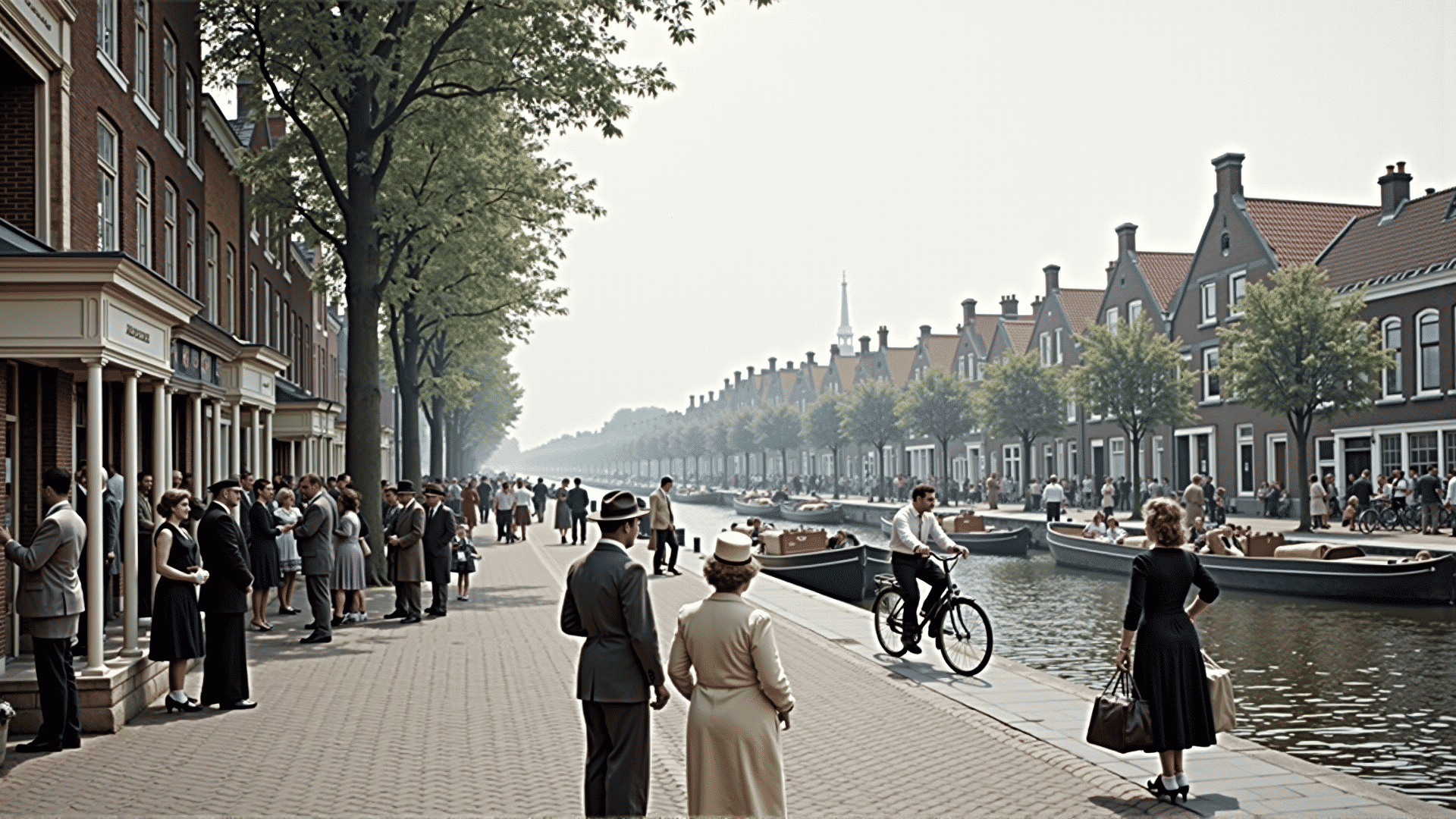Throughout history, human societies have been shaped by transformative events, groundbreaking ideas, and visionary leaders. These elements collectively forged the systems and frameworks that govern us today. By delving into the past, we uncover the lineage of modern governance and appreciate the profound influence of historical insights in shaping our current world.
In ancient civilizations, governance structures were often dictated by religious and traditional practices. In Ancient Egypt, for example, the Pharaoh was both a political leader and a godly figure. This theocratic governance model underscored the interweaving of spirituality and statecraft, a concept that rippled throughout history and can still be observed in some modern nations.
Moving through time, the classical antiquities of Greece and Rome introduced revolutionary ideas about democracy and republicanism. Ancient Athens, heralded as the cradle of democracy, empowered its citizens through direct participation in civic decision-making. This novel approach emphasized the value of collective voice and responsibility in governance, laying the groundwork for democratic systems globally. Meanwhile, the Roman Republic introduced a layered system of checks and balances that would become the cornerstone for modern constitutional design.
In the Middle Ages, the feudal system dominated Europe, decentralizing power across nobility and setting the stage for future debates about the balance between centralized and local authority. During this era, the Magna Carta of 1215 emerged as a pivotal document, challenging the absolute rule of kings by asserting the idea of rights and liberties granted to individuals. This charter became a reference point for subsequent legal and constitutional developments worldwide, including the creation of modern legal systems.
The Enlightenment of the 17th and 18th centuries heralded a new dawn of political thought, advocating reason, science, and individual rights. Philosophers such as John Locke, Jean-Jacques Rousseau, and Montesquieu introduced progressive ideas on separation of powers, social contracts, and personal liberty. These concepts inspired revolutions and reforms, catalyzing monumental shifts towards democratic governance, such as the American Revolution and the creation of the United States Constitution.
The 19th and early 20th centuries marked a period of rapid industrialization and the rise of ideologies that further challenged traditional governance. The emergence of socialism and communism posed questions about economic inequality and the role of the state in wealth distribution. Meanwhile, the struggle for universal suffrage highlighted the ongoing journey towards inclusivity and equality in democratic processes—an evolution that continues today in the fight for human rights and representation.
World War I and II significantly altered global political landscapes, prompting the establishment of international organizations aimed at fostering peace and cooperation, such as the United Nations. These institutions reflect a historical consensus on the need for global governance systems capable of addressing shared challenges like security, climate change, and sustainable development.
As we navigate the complexities of the 21st century, historical insights remain a crucial compass. They remind us of the resilience and adaptability of governance systems and the continuous dialogue between past and present that shapes our political realities. By learning from history, we gain not only knowledge but also the wisdom to forge paths toward more inclusive and effective governance for the future.
As stewards of our collective legacy, it is our responsibility to apply these lessons thoughtfully, ensuring that the governance systems we build today will provide stability, prosperity, and justice for generations to come.
